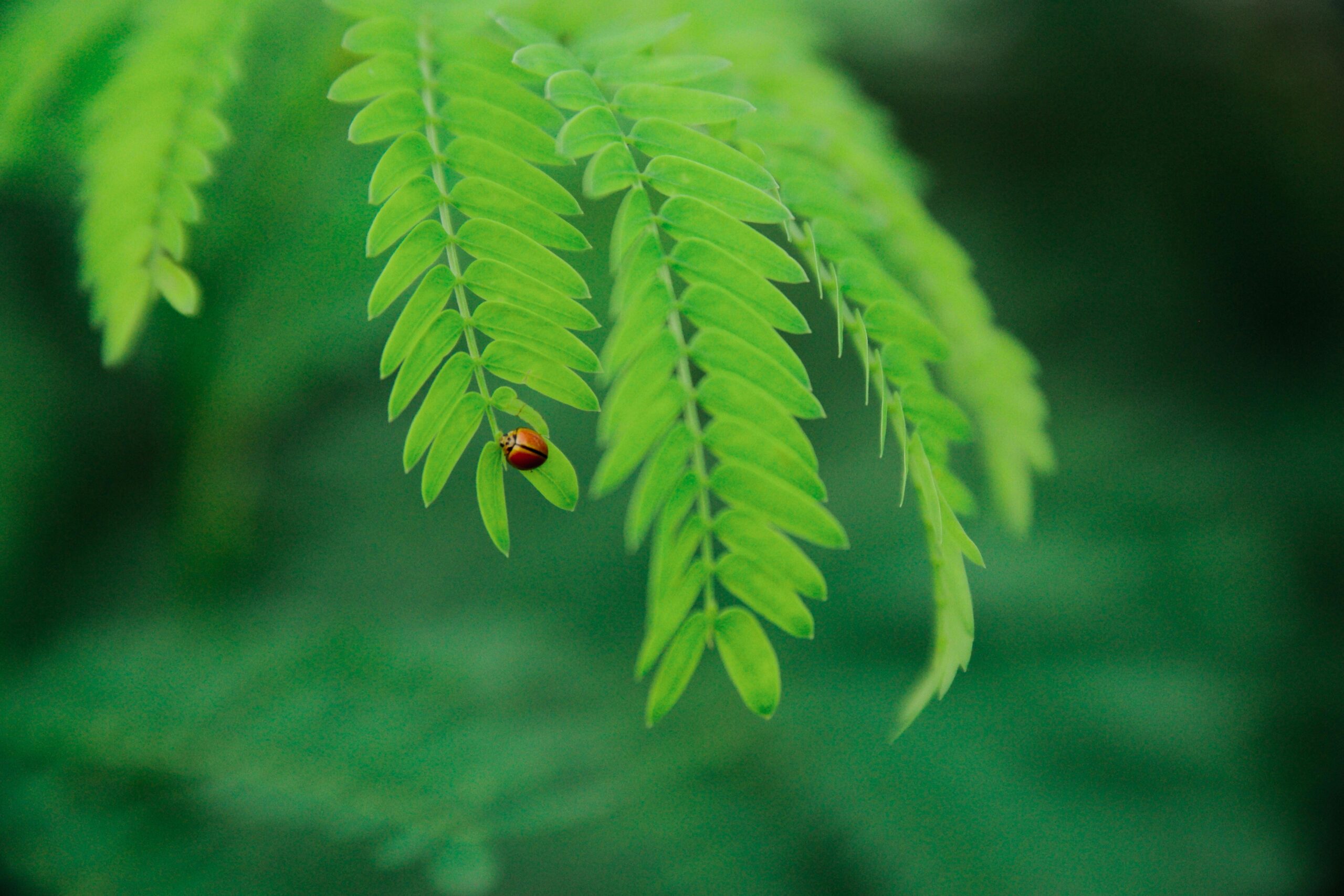Looking for a safe and eco-friendly way to rid your home of pests? Organic pest control methods may be just what you need. In this article, we will explore the various effective techniques and products that can help you protect your home and loved ones from unwanted insects and critters. Say goodbye to harmful chemicals and hello to a natural, sustainable approach to pest control. Let’s dive in!
Understanding Organic Pest Control
When it comes to pest control, organic methods focus on using natural substances and environmentally friendly techniques to eliminate unwanted pests. These methods prioritize the safety of your family, pets, and the environment, while effectively managing pest infestations. Let’s take a closer look at some of the key aspects of organic pest control:
1. Biological Pest Control
Biological pest control involves the use of living organisms to control pest populations. Beneficial insects, such as ladybugs and nematodes, are introduced to the affected area to prey on and control pests. This method is not only effective but also sustainable, as it maintains a natural balance in your ecosystem without the use of harmful chemicals.
2. Natural Repellents
Natural repellents are an essential component of organic pest control. These substances repel pests by using natural scents or tastes that insects find unpleasant. For example, essential oils like peppermint, lavender, and eucalyptus can be used to deter ants, spiders, and other common household pests. Additionally, specific plant extracts and herbs, such as neem oil and garlic, are known for their insect-repelling properties.
3. Mechanical Barriers
Mechanical barriers are physical methods used to prevent pests from entering your home or garden. This can include installing mesh screens on windows and doors to keep out flies and mosquitoes, sealing cracks and crevices to prevent rodent infestations, or using row covers in the garden to protect plants from insects. These barriers act as a first line of defense against pests, reducing the need for chemical interventions.
4. Integrated Pest Management (IPM)
Integrated Pest Management is an approach that combines organic pest control methods with careful monitoring and targeted interventions. IPM focuses on prevention, identification, and treatment of pests based on their life cycles and habits. By understanding the pests’ behavior, homeowners can effectively control infestations using a combination of organic techniques, such as trapping, baiting, and targeted application of organic insecticides.
With a thorough understanding of organic pest control methods, you can now take the necessary steps to safeguard your home and living environment without compromising your health or the environment. In the next section, we will explore some practical tips for implementing organic pest control in your everyday life.
Practical Tips for Implementing Organic Pest Control
Now that you are familiar with the principles of organic pest control, let’s delve into some practical tips that you can apply to effectively manage pests in your home and garden:
1. Keep Your Home Clean and Tidy
Maintaining a clean and clutter-free living space is crucial in preventing pest infestations. Regularly clean your floors, countertops, and other surfaces to remove food crumbs and spills that may attract pests. Seal food containers tightly and promptly dispose of garbage in sealed bins to avoid attracting pests like ants and flies.
2. Remove Standing Water Sources
Pests like mosquitoes breed in stagnant water. Regularly check your surroundings for any standing water sources, such as clogged gutters, birdbaths, or water puddles. Remove or address these issues to prevent mosquitoes from multiplying and causing nuisance or transmitting diseases.
3. Practice Proper Waste Management
Proper waste management is essential in minimizing pest problems. Ensure that your garbage bins are tightly sealed, and dispose of waste regularly. If you have a compost pile, make sure it is well-maintained and properly managed to prevent attracting pests.
4. Maintain Your Garden
A well-maintained garden can naturally deter pests. Regularly inspect your plants for signs of pest damage, such as chewed leaves or wilting. Remove any infested plants or plant parts to prevent the infestation from spreading. Additionally, consider companion planting, where certain plants are strategically placed to repel pests or attract beneficial insects.
5. Use Organic Pest Control Products
If preventive measures are not enough to control pests, consider using organic pest control products. Look for certified organic insecticides or pesticides that are made from natural ingredients, such as plant extracts or minerals. Always read and follow the instructions carefully to ensure safe and effective application.
By incorporating these practical tips into your daily routine, you can create a pest-free environment using organic methods. In the next section, we will address common misconceptions about organic pest control and provide clarity on their effectiveness.
Debunking Common Misconceptions About Organic Pest Control
While organic pest control methods have gained popularity, there are still some misconceptions surrounding their effectiveness. Let’s address these misconceptions and provide clarity:
1. Organic Pest Control is Ineffective
Contrary to this belief, organic pest control methods can be highly effective when implemented correctly. While they may require more patience and persistence compared to chemical-based alternatives, organic methods can provide long-term and sustainable pest management solutions.
2. Organic Pest Control Products are Harmless
While organic pest control products are generally safer and less toxic than chemical pesticides, it’s important to remember that they are still intended to eliminate pests. It’s crucial to follow the instructions provided and use them responsibly to minimize any potential risks to humans, pets, and beneficial insects.
3. Organic Pest Control Takes Longer to Show Results
Organic pest control methods may not offer instant results like some chemical pesticides. However, they can be just as effective over time. It’s important to remember that organic pest control focuses on addressing the root cause of the infestation, which may take longer but provides a more sustainable solution.
4. Organic Pest Control is Expensive
While some organic pest control products may come with a higher price tag, there are many cost-effective alternatives available as well. Additionally, investing in preventive measures and maintaining a clean, well-managed living space can greatly reduce the need for expensive pest control interventions.
5. Organic Pest Control Only Works for Small Infestations
Organic pest control methods can be effective for both small and large infestations. The key is to identify the type of pest, understand its behavior, and implement the appropriate organic techniques accordingly. Integrated Pest Management (IPM) strategies can be particularly useful in managing larger infestations.
By debunking these common misconceptions, it becomes evident that organic pest control is a viable and sustainable option for pest management. In the next section, we will explore the benefits of choosing organic pest control methods over chemical alternatives.
The Benefits of Choosing Organic Pest Control
Opting for organic pest control methods offers a range of benefits for both you and the environment. Let’s delve into some of the advantages of choosing organic pest control:
1. Healthier Living Environment
Unlike chemical pesticides, organic pest control methods do not pose significant health risks to humans and pets. By eliminating the use of harmful chemicals, you can create a safer and healthier living environment for your family.
2. Reduced Environmental Impact
Chemical pesticides can have adverse effects on the environment, including water pollution, harm to beneficial insects, and disruption of ecosystems. Organic pest control methods, on the other hand, are designed to minimize environmental impact, ensuring a more sustainable approach to pest management.
3. Preservation of Beneficial Insects
Many beneficial insects, such as bees and ladybugs, play a crucial role in pollination and natural pest control. Chemical pesticides can harm or kill these beneficial insects along with the pests. Organic pest control methods, however, focus on preserving the balance of the ecosystem by targeting pests while minimizing harm to beneficial insects.
4. Long-term Pest Management
Chemical pesticides often provide short-term solutions, requiring repeated applications to maintain effectiveness. Organic pest control methods, when implemented correctly, can provide long-term pest management by addressing the underlying causes of infestations and promoting a healthier ecosystem.
5. Safer for Food and Gardens
If you grow your own food or maintain a garden, using organic pest control methods is essential. Chemical pesticides can leave harmful residues on fruits, vegetables, and herbs, posing risks to your health. Organic methods ensure that your food and garden remain free from toxic substances.
By choosing organic pest control, you not only safeguard your health and the environment but also contribute to the overall well-being of the ecosystem. In the next section, we will provide some additional resources and tips to help you further explore and implement organic pest control methods.
Further Resources and Tips for Organic Pest Control
To help you dive deeper into the world of organic pest control and implement effective strategies, here are some additional resources and tips:
1. Research and Education
Stay informed about organic pest control methods by reading books, articles, and reputable online resources. Explore topics such as integrated pest management, companion planting, and natural repellents to enhance your knowledge and understanding.
2. Consult Local Experts
Connect with local gardening organizations, agricultural extension offices, or organic gardening communities in your area. These experts can provide valuable insights and advice tailored to your specific region and pest challenges.
3. Experiment and Observe
Every garden and home environment is unique, so it’s important to experiment and observe what works best for you. Keep a record of your pest control efforts, noting which methods or products are most effective for different pests. This will help you refine your approach over time.
4. Regular Maintenance
Maintaining a well-groomed garden and a clean living space is key to preventing and managing pest infestations. Regularly inspect your plants, address any signs of damage or pest presence promptly, and implement preventive measures consistently to minimize the risk of infestations.
5. Seek Natural Alternatives
In addition to organic pest control products, explore natural alternatives such as homemade insecticidal soaps, vinegar solutions, or diatomaceous earth. These options can be effective against certain pests and are often more budget-friendly.
6. Embrace Biodiversity
Encourage biodiversity in your garden by planting a variety of flowers, herbs, and vegetables. This attracts beneficial insects and creates a balanced ecosystem, naturally deterring pests.
By utilizing these resources and implementing these tips, you can become a confident practitioner of organic pest control. Remember, it takes time and patience to find the right approach for your specific situation. Enjoy the journey towards a healthier, pest-free environment!
In conclusion, organic pest control methods offer a safe and sustainable approach to managing pests in your home and garden. By understanding the principles of organic pest control, implementing practical tips, and debunking common misconceptions, you can create a healthier living environment while minimizing harm to the environment and beneficial insects.
Choosing organic pest control not only reduces health risks for you and your family but also preserves the delicate balance of ecosystems. With a focus on prevention, natural repellents, and biological controls, you can effectively manage pests without relying on harmful chemicals.
Remember to stay informed, consult local experts, and experiment with different techniques to find what works best for your unique situation. Regular maintenance, proper waste management, and embracing biodiversity are key components of a successful organic pest control strategy.
By making the switch to organic pest control, you are not only protecting your home and loved ones but also contributing to a healthier planet. Embrace the benefits of organic pest control and enjoy a pest-free environment that aligns with your values.

